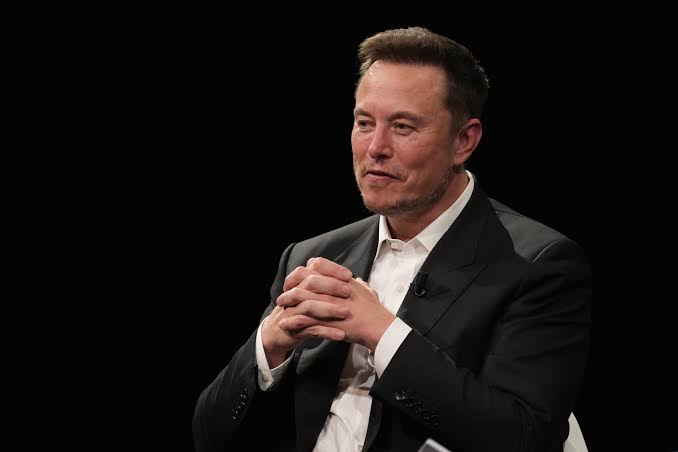Elon Musk has recently raised alarm bells about what he perceives as a troubling trend of antisemitism within the Democratic Party. In a series of social media posts and public statements, Musk has warned that the party is “accelerating” in its embrace of antisemitic views, a claim that has sparked significant controversy and debate. According to Musk, this shift is not slowing down but rather gaining momentum, which he believes is a serious issue that needs immediate attention.
Musk’s comments have provoked a range of responses, reflecting the complexity and sensitivity of the topic. He argues that individuals who have long been loyal Democrats are struggling to accept what he views as a clear reality: the Democratic Party is increasingly showing signs of antisemitism. This assertion challenges the perceptions of many who see the party as a champion of diversity and inclusion. Musk’s claims have ignited discussions about the nature and extent of antisemitism in modern political discourse and the implications for the Democratic Party.

Is the Democratic Party facing a new challenge? Elon Musk’s warning about antisemitism has sparked controversy. Learn more here.”
The debate over antisemitism within the Democratic Party is not new, but Musk’s high-profile comments have brought renewed attention to the issue. Critics of Musk argue that his statements are overly broad and may be driven by political motivations rather than objective analysis. They contend that accusations of antisemitism should be carefully examined and not used as a tool for partisan attacks. Supporters of Musk, on the other hand, believe that his warnings are necessary to address what they see as a growing problem within the party.
The concerns raised by Musk revolve around a few key issues. First, he points to specific incidents and statements by some Democratic figures that he interprets as evidence of antisemitic sentiment. These include controversial remarks made by certain politicians and activists that Musk believes have crossed the line into antisemitism. Second, Musk argues that there is a broader trend within the party where critical perspectives on Israel and its policies are sometimes expressed in ways that he considers antisemitic. This includes, he suggests, instances where criticism of Israeli government actions is conflated with negative stereotypes about Jews as a whole.
The impact of Musk’s statements has been significant, prompting both supporters and critics to weigh in on the issue. For many, the discussion highlights the challenges of addressing antisemitism within political contexts and the importance of distinguishing between legitimate criticism of a government and prejudiced attacks on a group of people. The response to Musk’s comments reflects a broader debate about how political parties handle issues of discrimination and how they navigate complex international relations, particularly in relation to Israel.
In the context of U.S. politics, accusations of antisemitism can be particularly contentious. The Democratic Party has historically been seen as supportive of Jewish communities and Israel, but recent years have seen increasing divisions within the party on these issues. Musk’s warnings come at a time when debates about Israel and its policies are particularly charged, adding to the complexity of the discussion.

Elon Musk warns about rising antisemitism in the Democratic Party. See his full comments and join the debate.
In conclusion, Elon Musk’s warning about the “accelerating” trend of antisemitism within the Democratic Party has sparked a significant debate about the state of political discourse and the handling of sensitive issues. Whether one views Musk’s comments as a necessary wake-up call or as a partisan attack, they underscore the need for a thoughtful and nuanced approach to discussing antisemitism and other forms of discrimination. As the debate continues, it will be crucial for all sides to engage in constructive dialogue and work towards addressing these complex issues in a way that promotes understanding and respect.